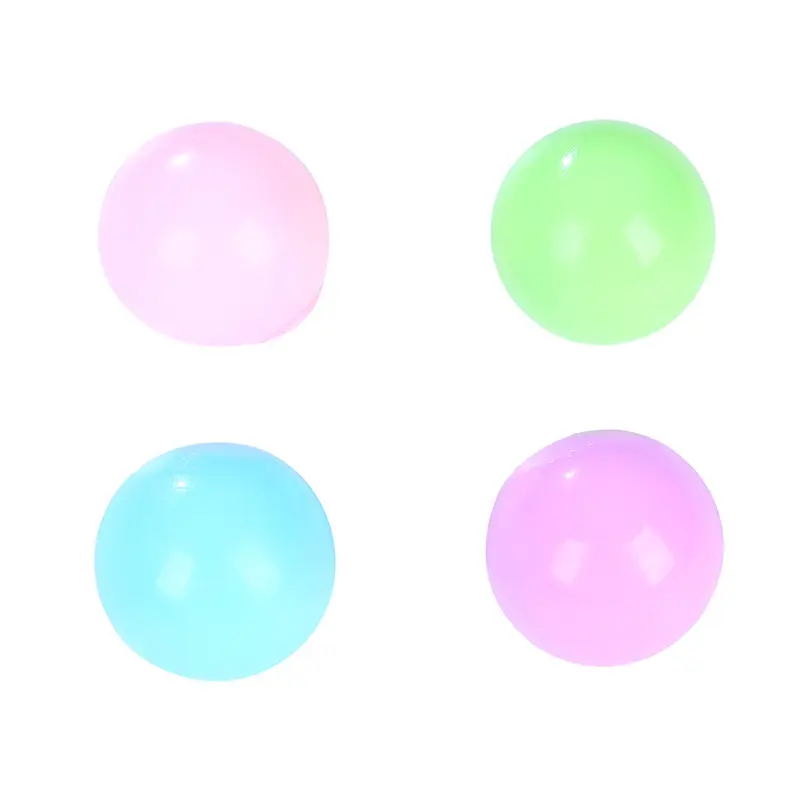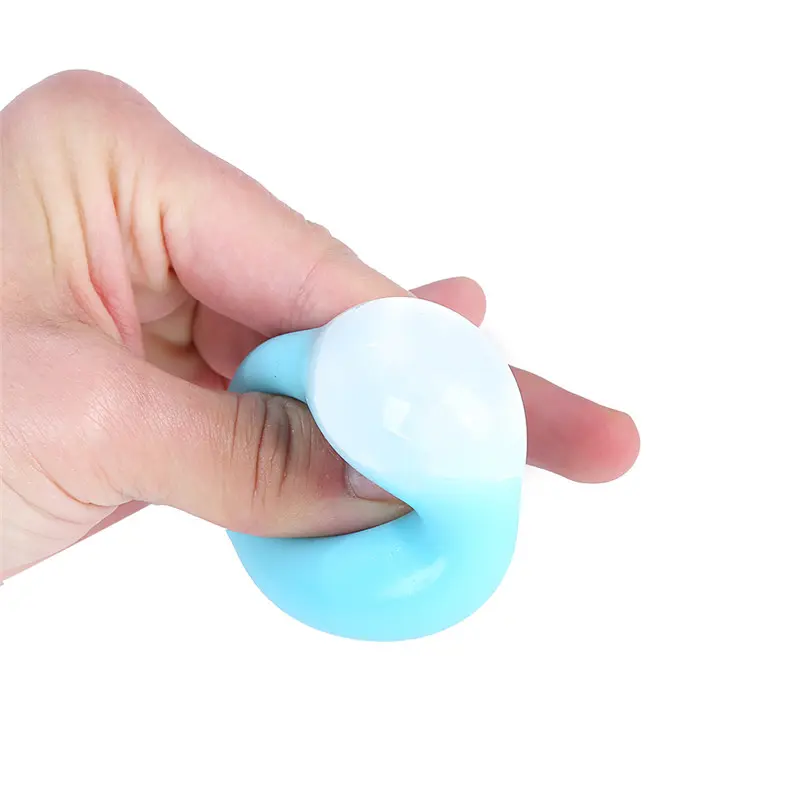Stress balls are not just about providing a physical outlet for stress relief; they can also offer a sensory experience through the retention of scents. When it comes to choosing the best material for a stress ball that can effectively retain fragrances, several factors come into play. Let’s explore the materials that are known for their scent retention properties and why they are ideal for stress balls.
Natural Fibers: The Scented Heroes
Natural fibers like cotton, wool, and silk have been found to hold scents better than synthetic materials. This is due to their porous nature, which allows them to absorb and retain fragrance molecules effectively
Cotton: While cotton is highly absorbent and can hold onto perfume, it may not be the best at retaining fragrances for extended periods due to its hydrophilic nature, which attracts water and can work against scent retention
Wool: Wool stands out as a champion in holding onto smells, both good and bad. Its complex structure effectively traps scent molecules, making it an excellent choice for retaining fragrances. Studies have shown that wool can retain up to 85% of applied fragrances after 24 hours, compared to cotton’s 20%
Silk: Silk is a delicate fabric that can preserve scent well, falling somewhere between cotton and wool in terms of scent retention capabilities
Synthetic Materials: A Surprising Contender
Synthetic materials, such as polyester, nylon, and acrylic, also have their unique characteristics when it comes to scent retention. Polyester, in particular, is surprisingly good at holding onto scents due to its non-porous structure that can trap fragrance molecules
Polyester: It can be a good option for retaining scents, sometimes even better than natural fibers, as it can trap fragrance molecules effectively
Nylon and Acrylic: These materials have similar properties, with nylon being slightly better at scent retention than acrylic
Specialty Fabrics Designed for Scent Retention
There are also specialty fabrics designed specifically for scent retention, often used in aromatherapy applications. These fabrics are treated to enhance their ability to hold and release fragrances over time
Conclusion
When selecting the best material for a stress ball that retains scent, natural fibers like wool and silk, along with synthetic materials like polyester, stand out due to their ability to absorb and retain fragrance molecules. Wool, in particular, has been shown to be exceptionally effective at retaining scents, making it an ideal choice for stress balls that offer both physical and sensory benefits. However, the choice of material may also depend on other factors such as the type of fragrance, the desired intensity of the scent, and the user’s personal preferences. Ultimately, the best material for a stress ball to retain scent will balance effectiveness with the user’s specific needs and the desired sensory experience
Post time: Dec-06-2024

